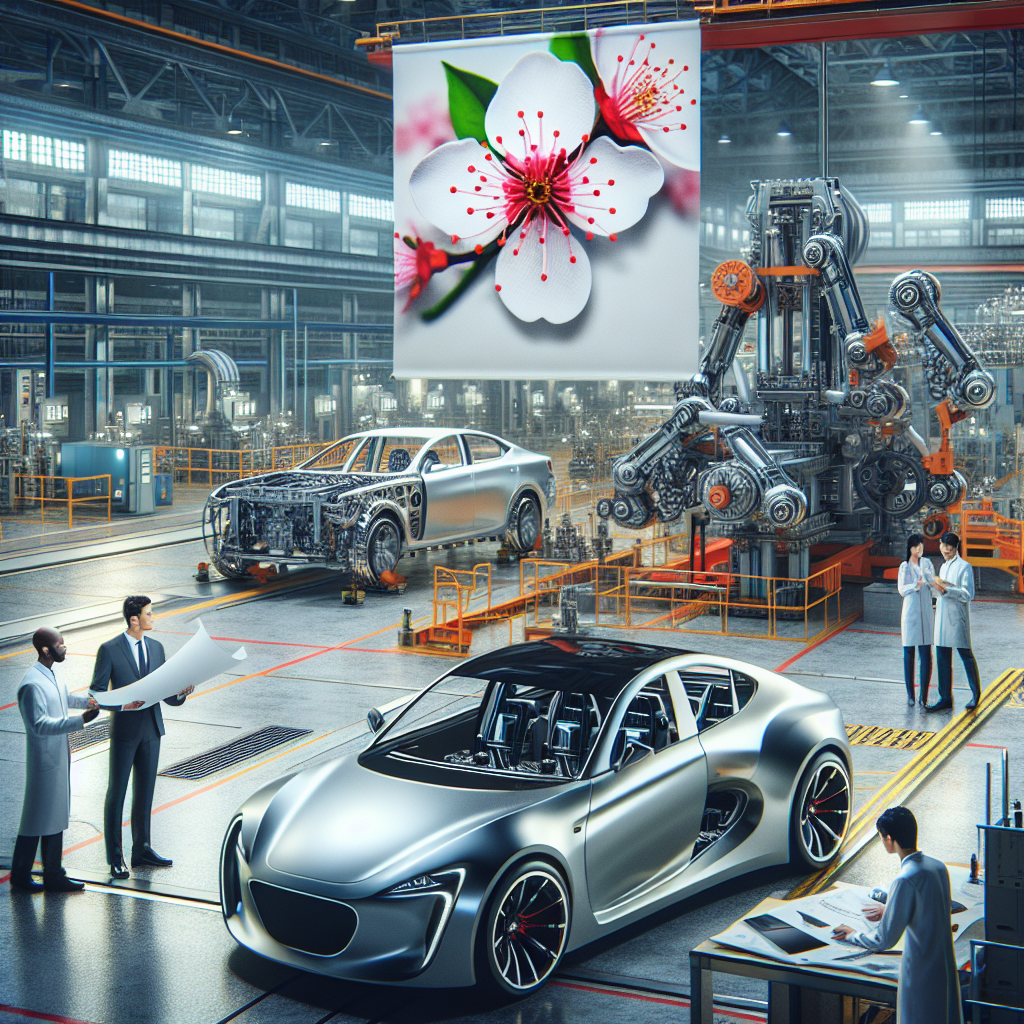SA Auto Week 2025 Drives Innovation, Localisation and Green Transition
Running from 1 to 3 October 2025, the event coincides with the country’s Transport Month celebrations, further highlighting the sector’s importance to the national economy and its role in shaping South Africa’s industrial future.

- Country:
- South Africa
South Africa’s flagship automotive showcase, the South African Auto Week (SAAW), has officially kicked off in Gqeberha, Eastern Cape, with strong backing from the Department of Trade, Industry and Competition (the dtic). Now in its fourth year, the event has cemented its status as the premier platform for automotive industry dialogue and collaboration, not only for South Africa but across the African continent.
Running from 1 to 3 October 2025, the event coincides with the country’s Transport Month celebrations, further highlighting the sector’s importance to the national economy and its role in shaping South Africa’s industrial future.
Eastern Cape: The Automotive Heartland
Hosted by the National Association of Automobile Manufacturers of South Africa (NAAMSA), this year’s gathering takes place in the Eastern Cape — the birthplace of NAAMSA and home to the country’s largest concentration of automotive production capacity. The province remains central to South Africa’s automotive supply chain, with major global manufacturers, suppliers, and logistics hubs anchoring its industrial ecosystem.
“The Eastern Cape continues to be the beating heart of South Africa’s automotive industrial capacity. Hosting SA Auto Week here not only honours that legacy but also positions the province as a launchpad for future innovations,” the dtic said in a statement.
Five Key Themes Driving the 2025 Programme
The 2025 programme is built around five strategic themes that reflect the challenges and opportunities facing the automotive sector:
-
Inclusive Economic Growth and Job Creation – with a focus on localisation, diversification, digitisation, and decarbonisation.
-
Policy and Regulatory Reforms – accelerating the review of frameworks for New Energy Vehicles (NEVs) to align with global shifts toward electrification.
-
Infrastructure and Investment Mobilisation – addressing investment gaps to modernise South Africa’s manufacturing base.
-
Justice and Anti-Corruption – improving governance, accountability, and whistleblower protections within the sector.
-
Geopolitical Engagement – affirming South Africa’s place in global trade diplomacy and multilateral cooperation.
Minister Tau on Industrial Policy and Growth
Minister of Trade, Industry and Competition, Parks Tau, underscored the event’s importance in advancing South Africa’s industrial policy objectives and economic transformation agenda.
“The automotive sector is not only a key driver of South Africa’s manufacturing base, but also a sector that has consistently demonstrated resilience and innovation. SA Auto Week offers a vital platform for government and industry to co-create solutions, embrace new technologies, and position South Africa as a hub for next-generation mobility solutions,” he said.
Tau added that this year’s theme, “Reimagining the Future, Together: Cultivating Inclusive Growth and Shared Prosperity,” speaks directly to the country’s need to balance growth with equity, while accelerating the just energy transition within the automotive ecosystem.
Building Partnerships for the Future
The summit features high-level dialogues, thought leadership sessions, and networking opportunities designed to drive bold alliances between policymakers, automakers, component manufacturers, and global investors.
“By connecting industry leaders and policymakers, SA Auto Week will continue to set the benchmark for collaboration and innovation across Africa’s automotive landscape,” Tau emphasized.
Looking Ahead: South Africa in the Global Automotive Value Chain
With the automotive sector contributing nearly 5% of South Africa’s GDP and providing hundreds of thousands of direct and indirect jobs, events like SA Auto Week are crucial for sustaining growth. The shift towards electric vehicles (EVs), green technologies, and digital transformation will require stronger localisation, skills development, and infrastructure upgrades.
Industry analysts suggest that South Africa’s proactive approach to NEVs and localisation could position the country as a continental hub for future mobility solutions, boosting exports and attracting new investment.
By reaffirming collaboration between industry and government, SA Auto Week 2025 aims to ensure that South Africa not only keeps pace with global changes but also leads Africa’s automotive transformation journey.









